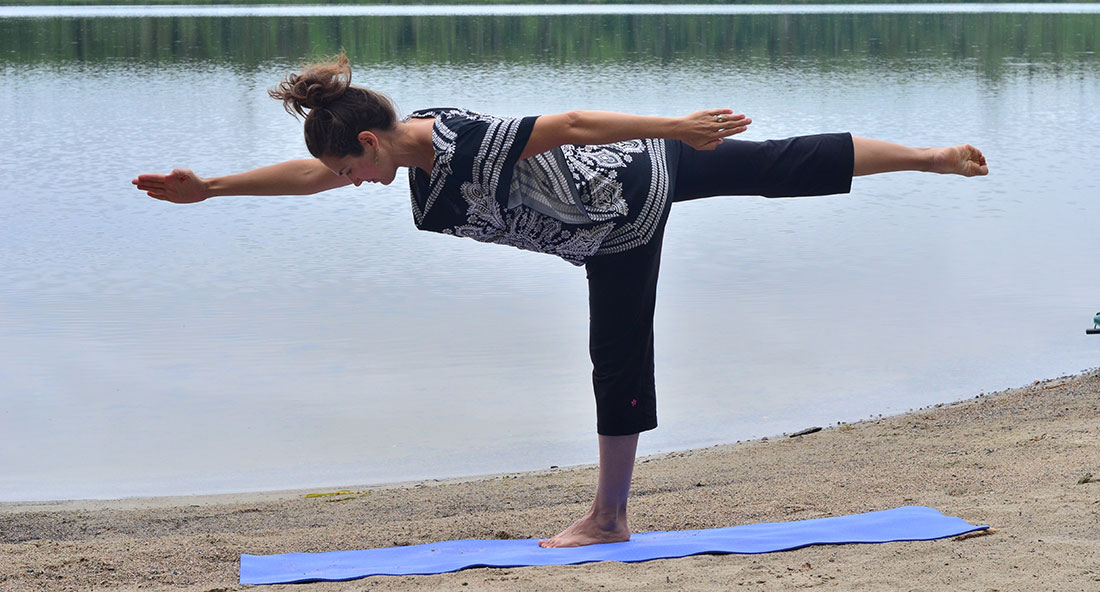
Stopping Self-Sabotage
Happy Spring everyone! You did it! You survived winter!!!
Although I don’t actually dread winter and enjoy many aspects of it, it goes a bit against my nature because I love to feel free, to move without a big jacket and boots on, to walk barefoot and feel light… all of which cannot be done in the winter!
How was your winter? Did you find it long? Painful? Unmotivating? Depressing? Did you start off with a bunch of good intentions but then quickly lost your motivation and returned to your bad habits?
You’re not alone. According to News & World Report, 80% of new years resolutions fail by February. The most common resolutions revolve around eating healthier and doing more exercise.
According to Psychology Today 4 of the most common mistakes when making a resolution are:
- Your goals aren’t clear
- You feel overwhelmed
- You’re discouraged
- You’re not ready for change
Good intentions or self-sabotage?
So often we have good intentions, we feel refreshed after the holidays and optimistic about tackling a new year. We set these huge expectations for the year to come and often it’s overwhelming. We panic and eventually give up. Sound familiar?
Here’s a situation: You decide to start working out again. You have 3 kids, a full-time job, you’re not much of a gym person but you plan to work out 3 days a week for one hour as of January 1st. Your subconscious knows that that won’t be possible, however you tell yourself that ”if I can’t manage it, it’s ok because people will understand since I have 3 kids, a full-time job etc. Already you’re self-sabotaging.
Instead, a more realistic plan could be to work out once a week for 20 minutes to start off and then work your way up to longer more frequent workouts. That way you won’t be sabotaging yourself into failing and you’re more likely to succeed.
Are you truly ready for the changes to come?
Ask yourself these questions and write down your answers:
- Where do the goals come from…is it from you? From your husband? From your children? From your mom when you were 12 and she made you feel lazy? What will these changes mean? What will they bring you? Be clear on the changes you want.
- Are you ready for change? How will these changes affect your life? Will you have to make a lot of effort? Will it hurt?
- What am I afraid of? If you’re not this fragile out of shape girl, how will you get attention? If you’re not ridden with pain, who will you be? Are you afraid of being criticized? Maybe you don’t want your sister/best friend to be jealous when you get fit and she doesn’t, so without knowing you sabotage yourself into staying the same.
- What will I lose? What will I gain? If you go to the gym more frequently, what will that mean for your evenings, your couple, your children, your routine?
- How will I feel about these changes? Perhaps it doesn’t feel safe to be exposed. I have a friend who is very strong physically but she always stays on the heavier side. She’s dealt with a lot of trauma in her past and one day she told me: ”Brigitte, I can workout out so much but part of me wants to keep this layer of fat around me to protect me, to hide me from others so they don’t go in too deep. It’s sort of like barrier of protection against intrusion.” WOW!
And so when we start thinking about this identity we’ve created over our lifetime, we can start self-sabotaging ourselves so that we stay the same. We get paralysed. We just stop, we stop working out, we stop eating well etc.
What’s the easiest thing you could do to get clarity on where the fear and resistance lies when it comes to doing more exercise/movement?
Need a little nudge?
Springtime is a great time to start something new, everything and everyone is coming alive. More light, budding trees, singing birds, it’s the perfect reason to start something new and boost your energy!
Dealing with your emotions
We know that emotions impact our behaviours. Some people eat when they’re stressed, others don’t, some pull out their hairs, some get stuck and just don’t do anything.
If every time you tried to do a workout you had this voice in your head saying “you’re fat, you’ll never lose the weight, you’ve never been good at sports, at sticking with things, you’re weak, what’s the point” then that affects your relationship with exercise. And you just don’t stick with it.
One needs to change one’s relationship with exercise in order to create lasting changes. We must reduce the cortisol level which keeps us in a constant state of negative stress. When we feel more calm we can feel more confident about our body.
To work on your emotions and help stop the self-sabotage, here’s a quick little mantra.
You can say this mantra to yourself while tapping the side of your hand (the side in line with your pinky finger which we call the karate chop point – imagine trying to chop a plank of wood with the side of your hand, that’s the spot. Use 3 fingers to tap so you make sure to hit the acupuncture point)
Take a deep breath in and out.
Then repeat this mantra out loud:
Even though I cannot be happy until my body is perfect, I love and accept myself fully. Even though I believe that I must panic and stress in order to feel happy and make changes, I love and accept myself fully. I am beautiful, strong, healthy, fit, happy and I love and accept myself.
Take a deep breathe in, and out.
Say this everyday (or do your best to add it in here and there!), especially when you start to panic about not working out enough, not having the body you want, not feeling great about yourself.
Until next time, keep moving and breathing deeply,
Brigitte x

